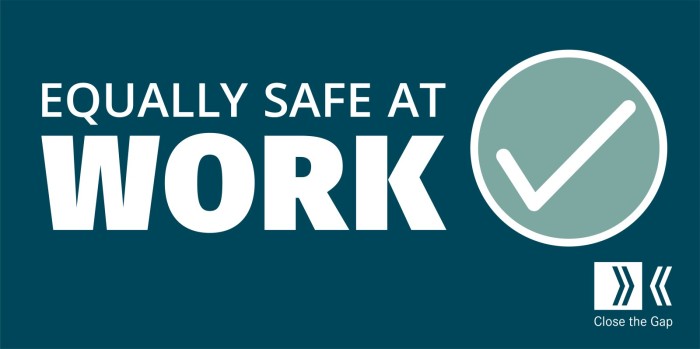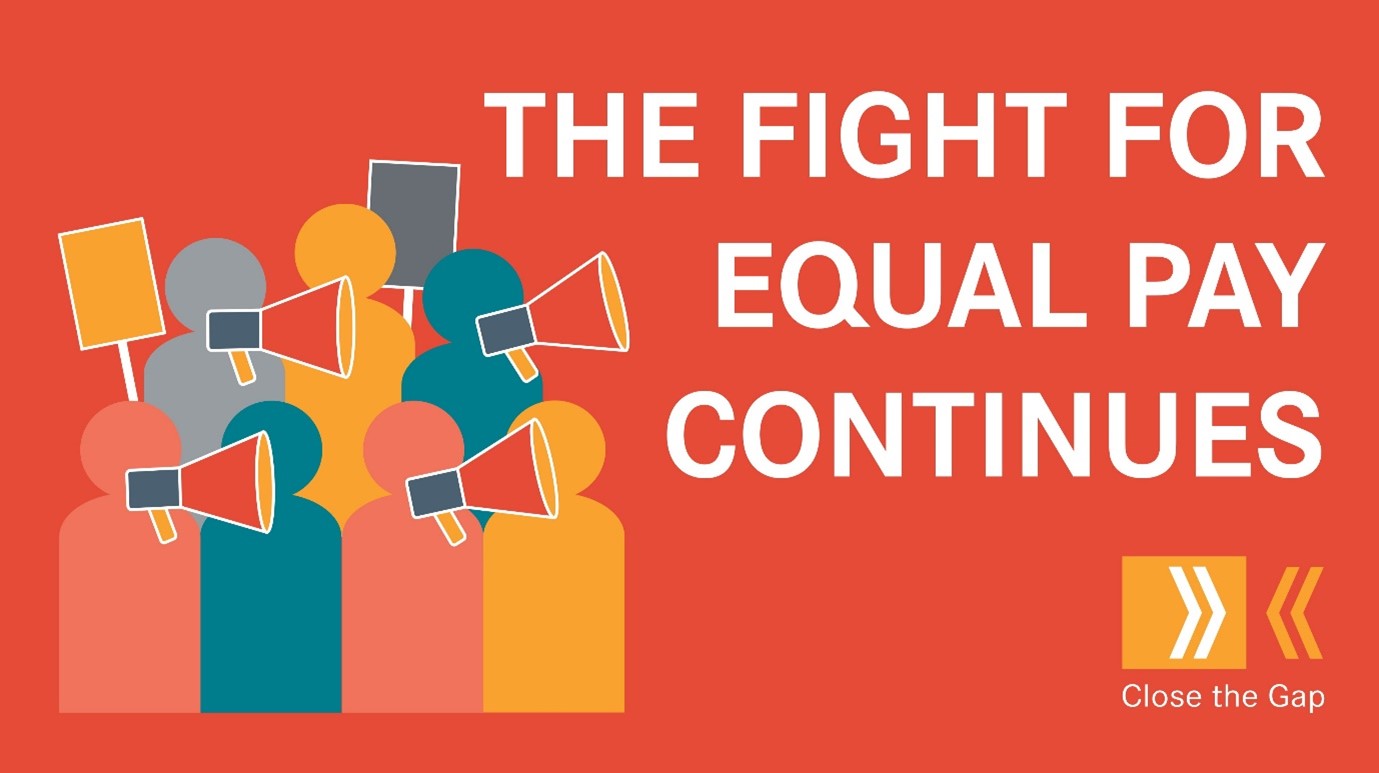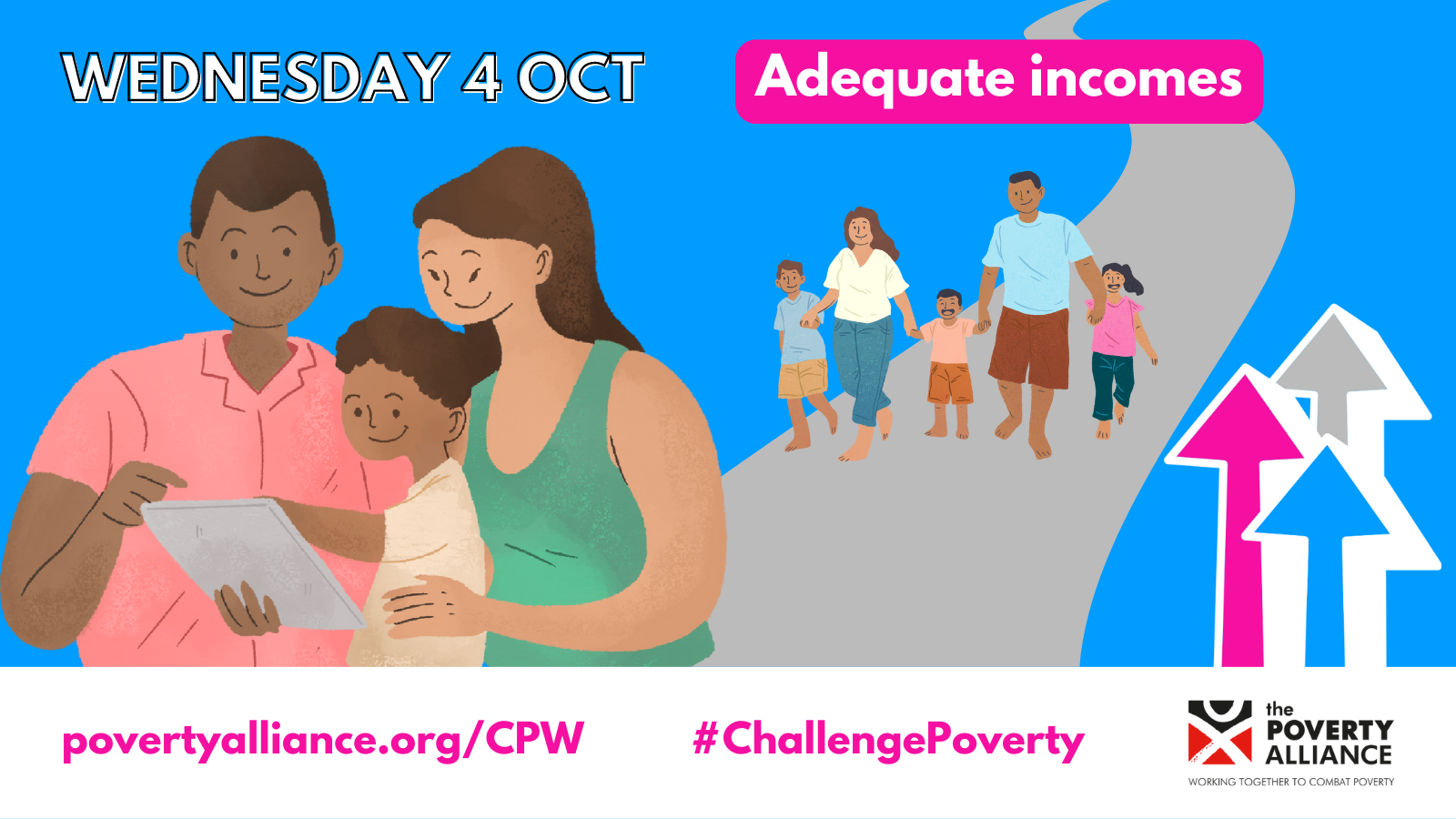Blog
New webinar series - Men’s jobs and women’s job: how work got this way and what we can do about it
Posted on February 5, 2026
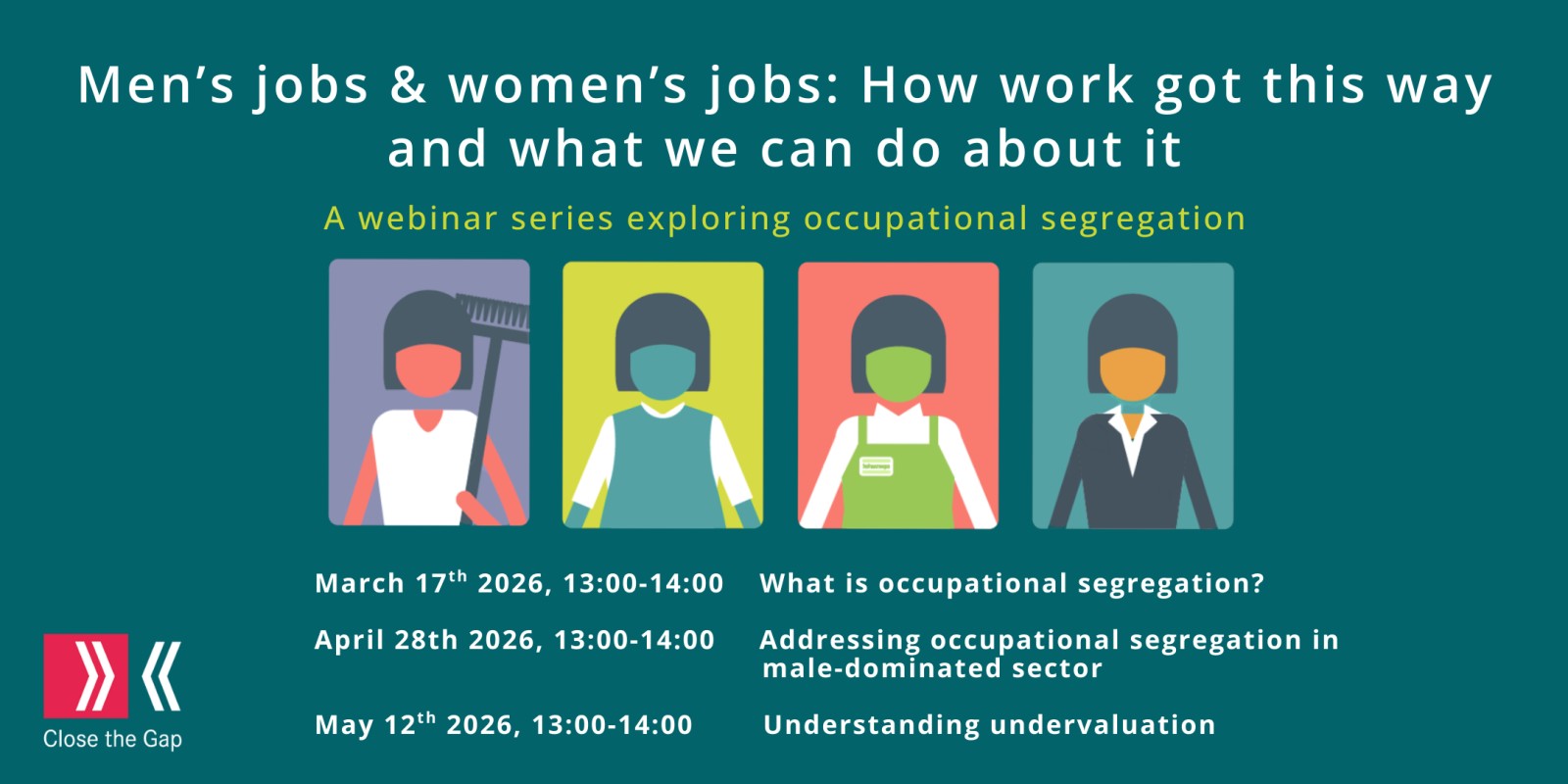
EVENT: Fair Work in Action – Supporting employers to advance gender equality
Posted on January 22, 2026
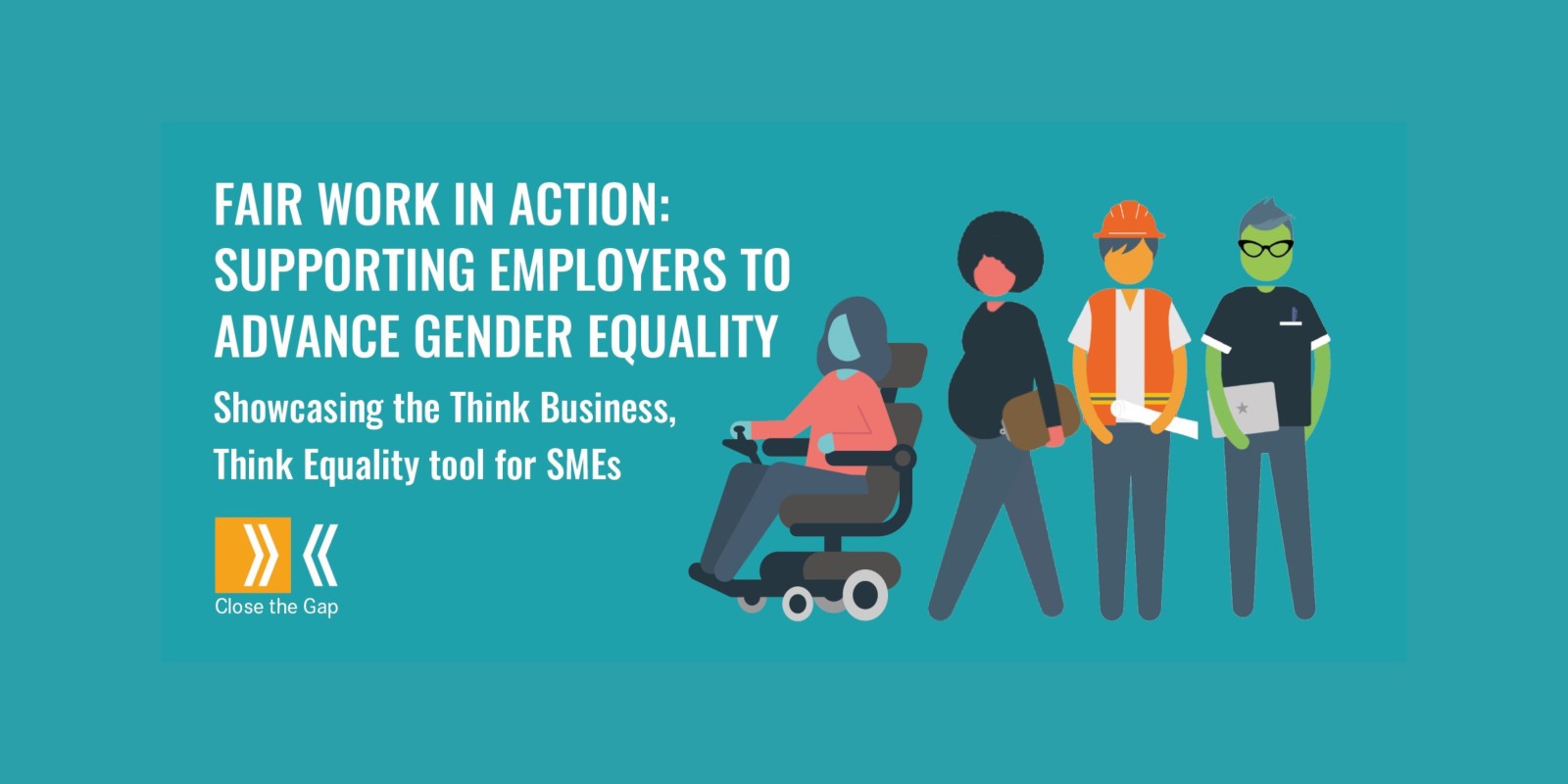
16 days of activism: What workplaces can do to support victim-survivors of sexual violence
Posted on December 1, 2025
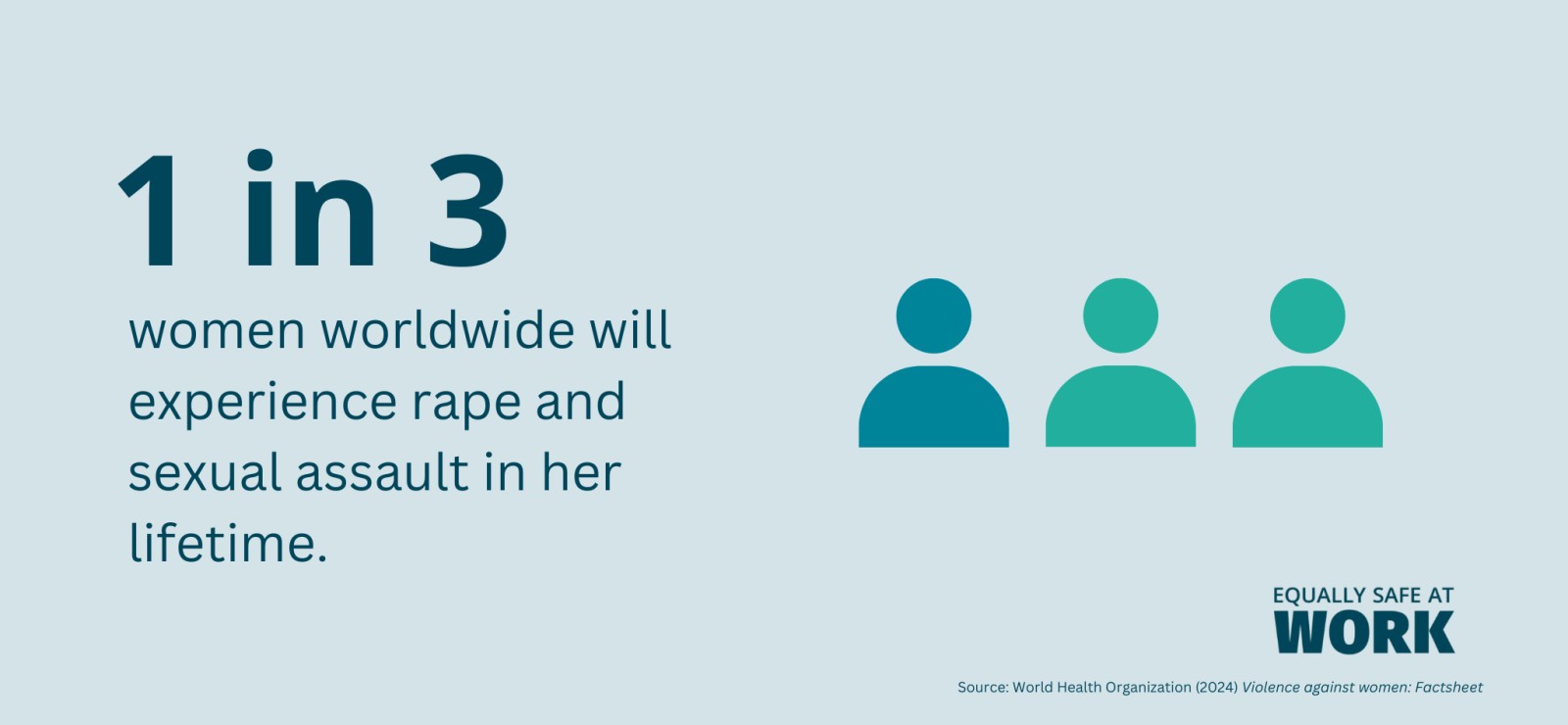
New research by Close the Gap reveals disabled women earn less, work harder, face doubt and judgement, and often struggle to get the support they need
Posted on November 25, 2025
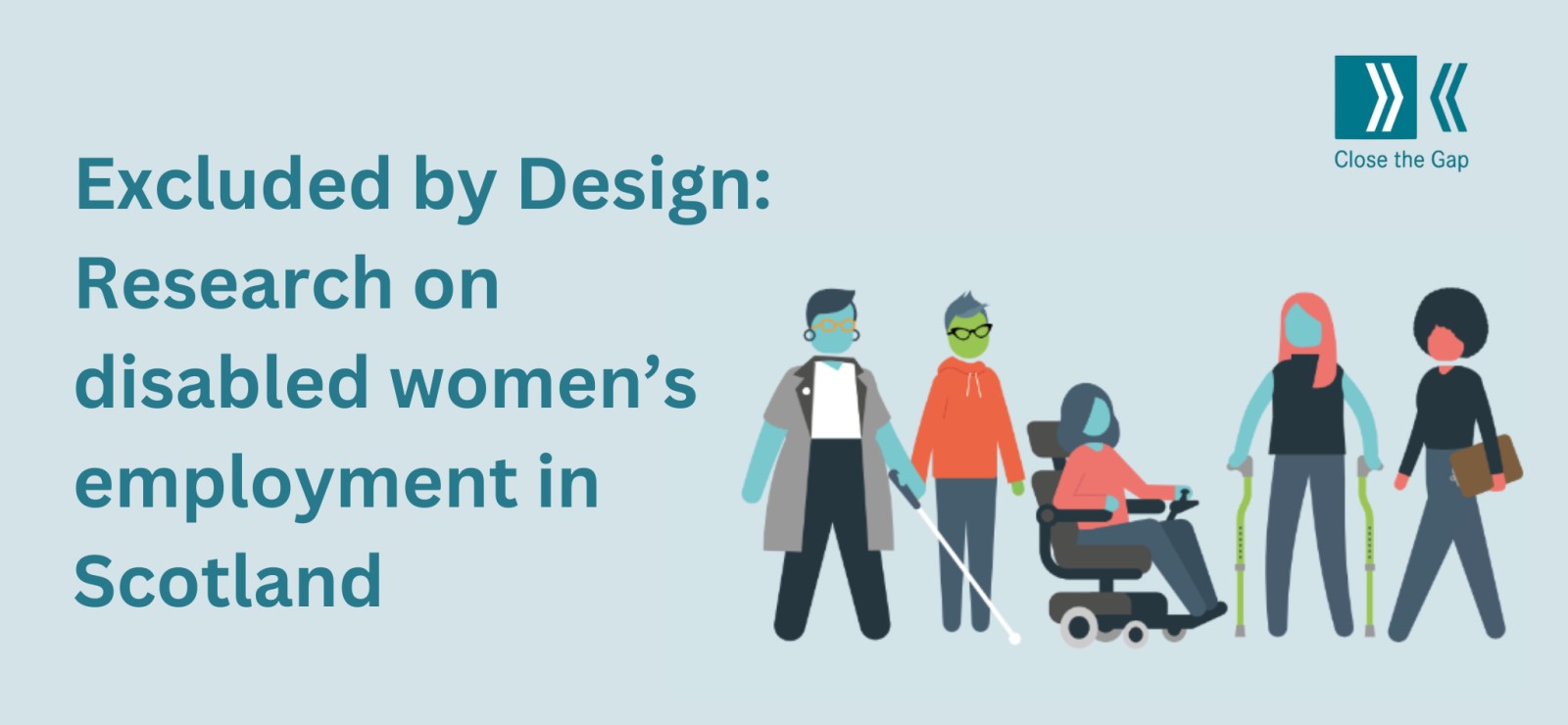
EVENT: Excluded by Design – Research exploring disabled women’s employment in Scotland.
Posted on November 4, 2025
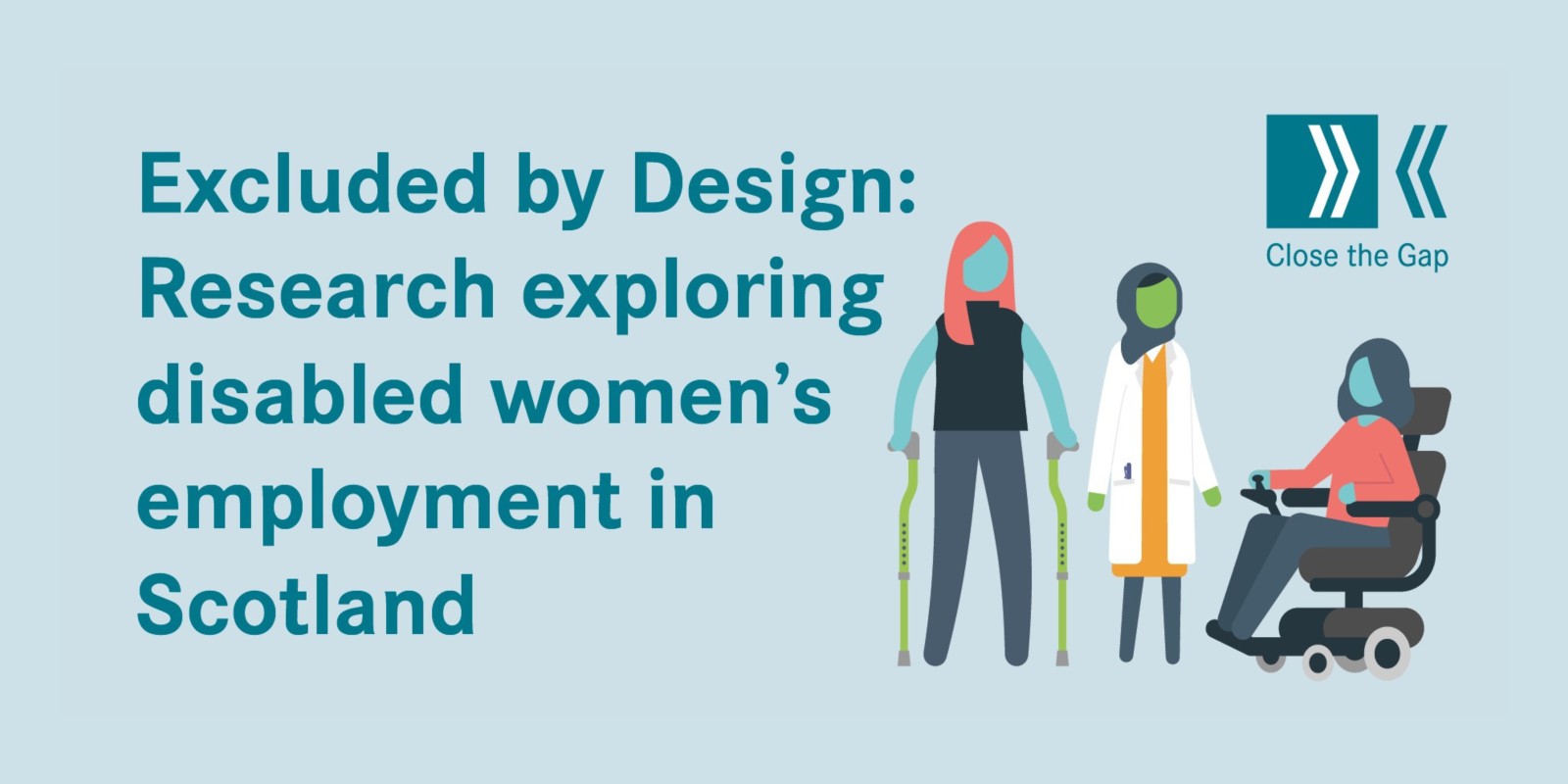
Challenge Poverty Week: Better jobs, pay, hours, conditions & worker voice for all women
Posted on October 7, 2025
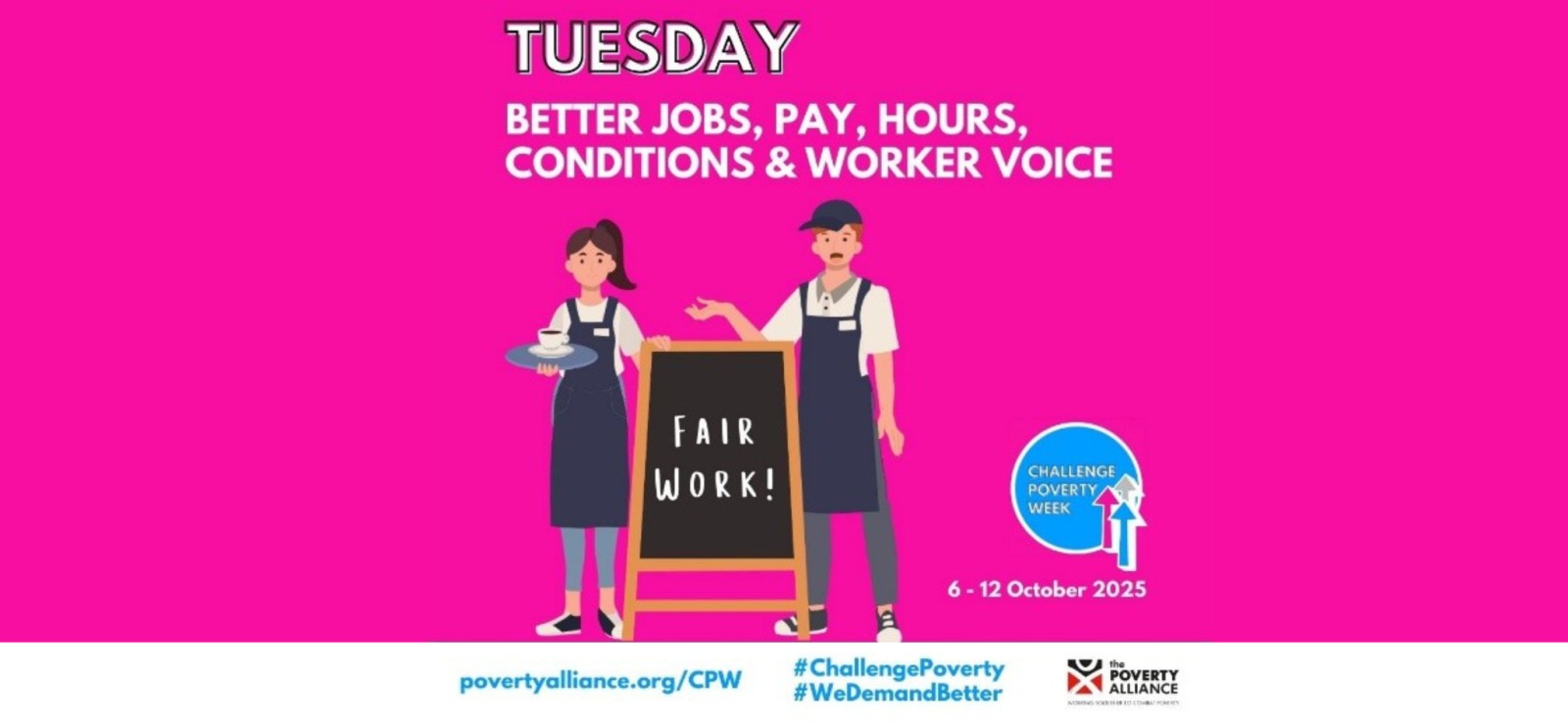
New project focused on tackling young mothers’ labour market inequality
Posted on September 25, 2025
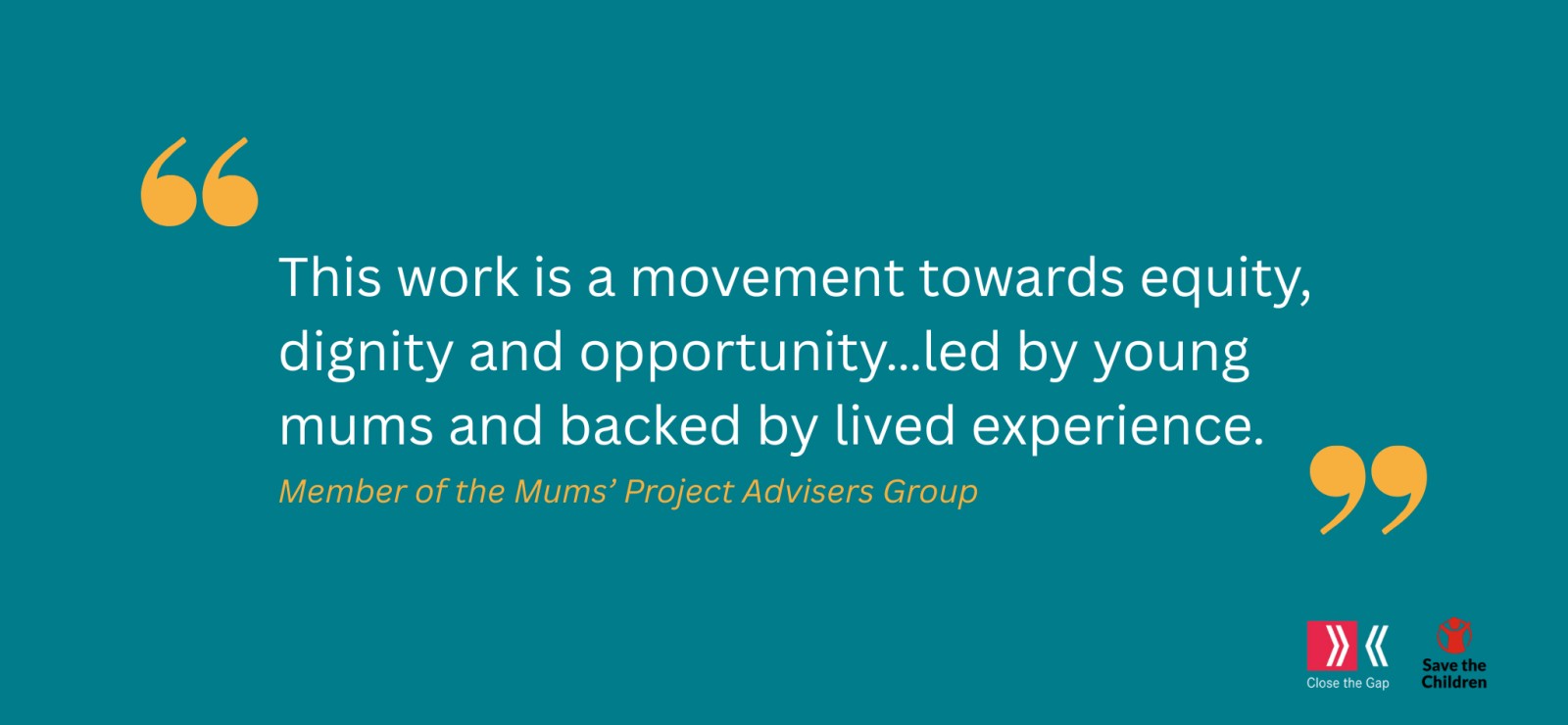
The far right is a threat to women’s equality and rights: Close the Gap’s response to recent rise of far-right activism
Posted on September 24, 2025
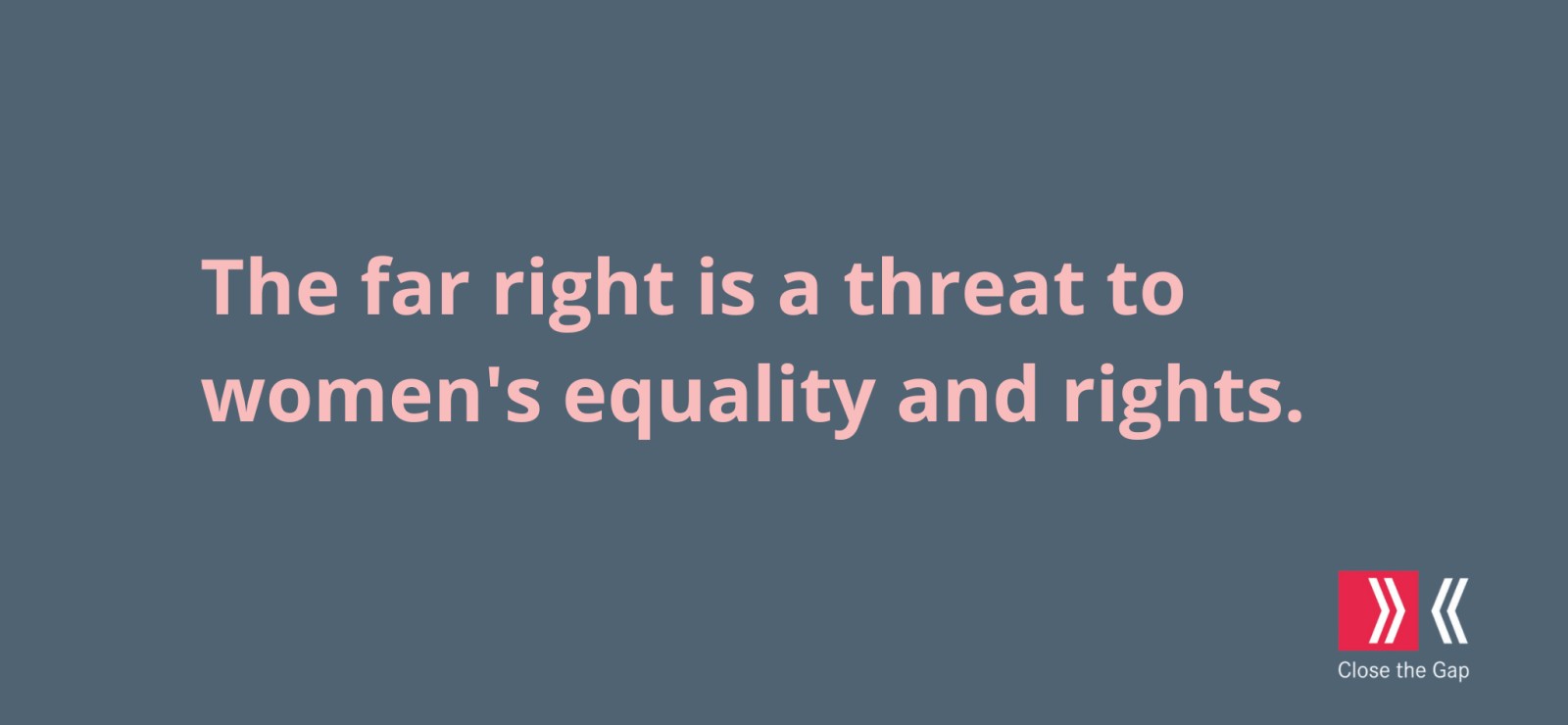
From data to action: Why Scotland needs mandatory gender pay gap action plans
Posted on September 2, 2025
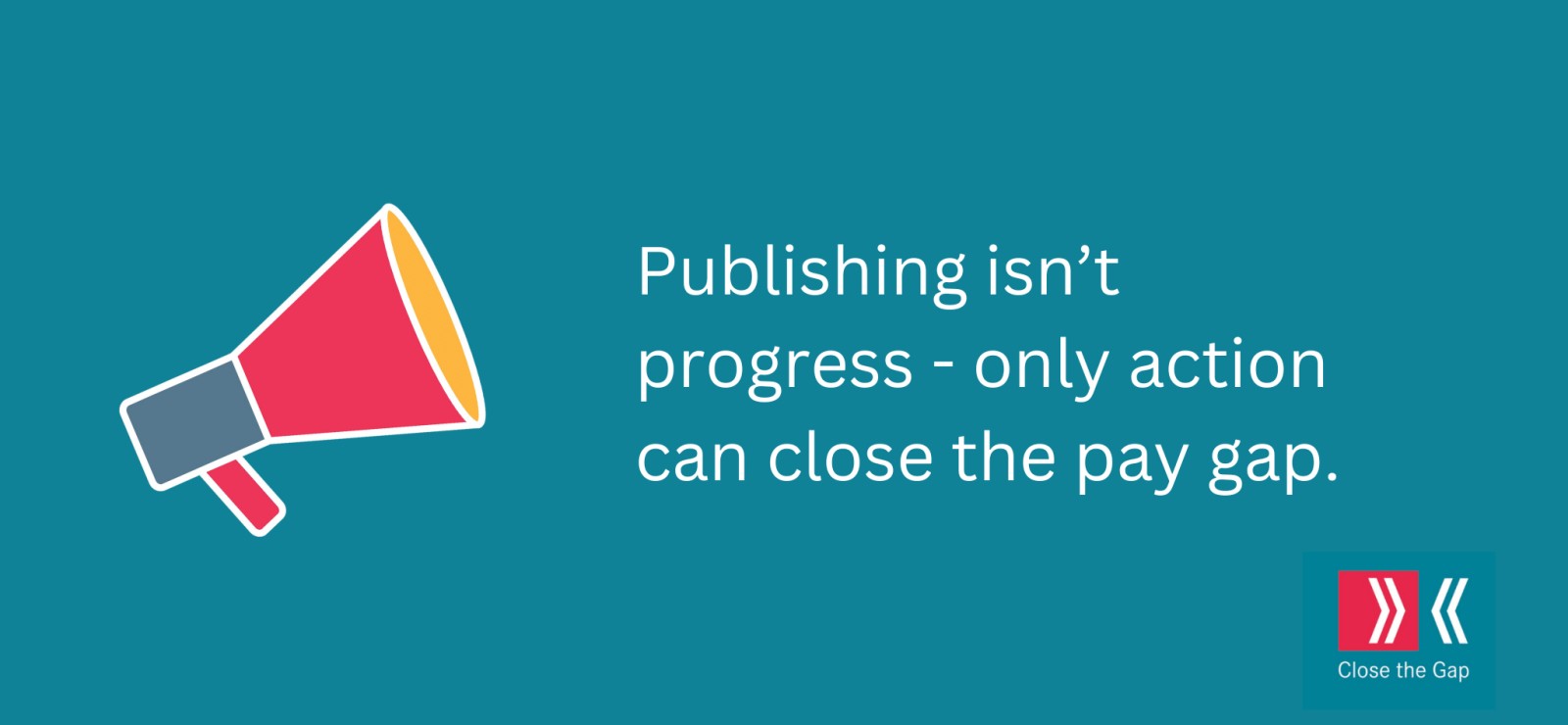
The Equally Safe at Work Community of Practice: Why working together matters
Posted on April 8, 2025

Pension changes and the gendered impact: Accelerated action without consideration for women
Posted on March 25, 2025
.png)
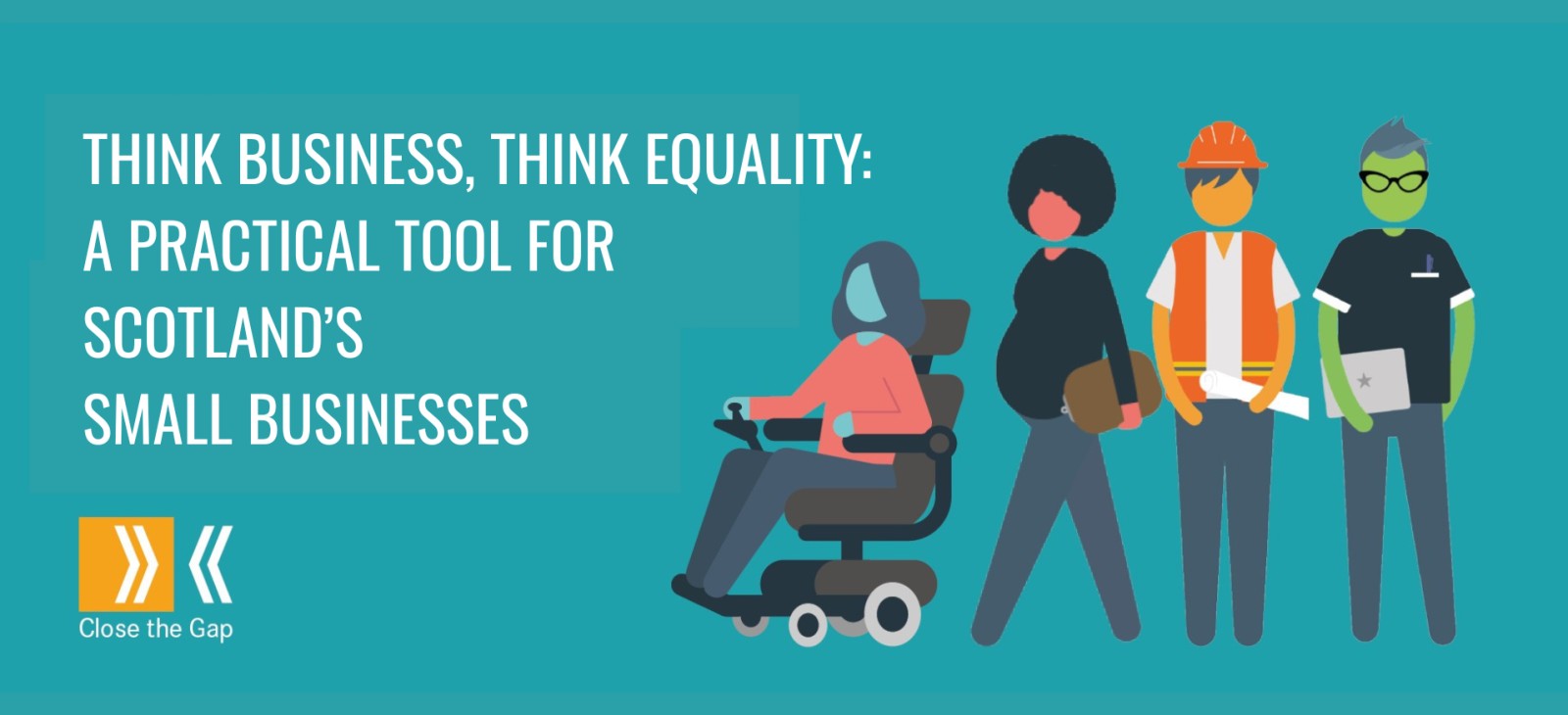

.png)




